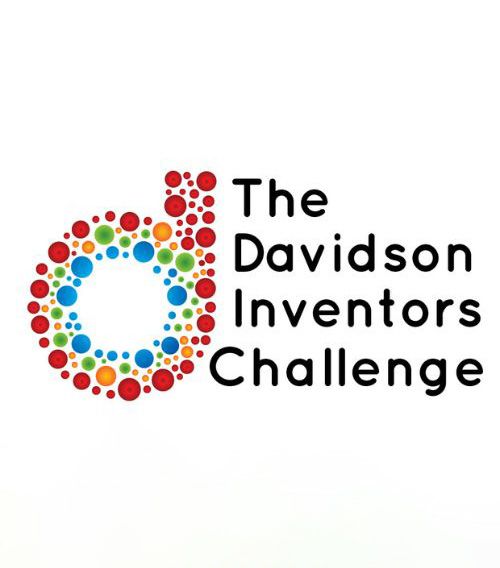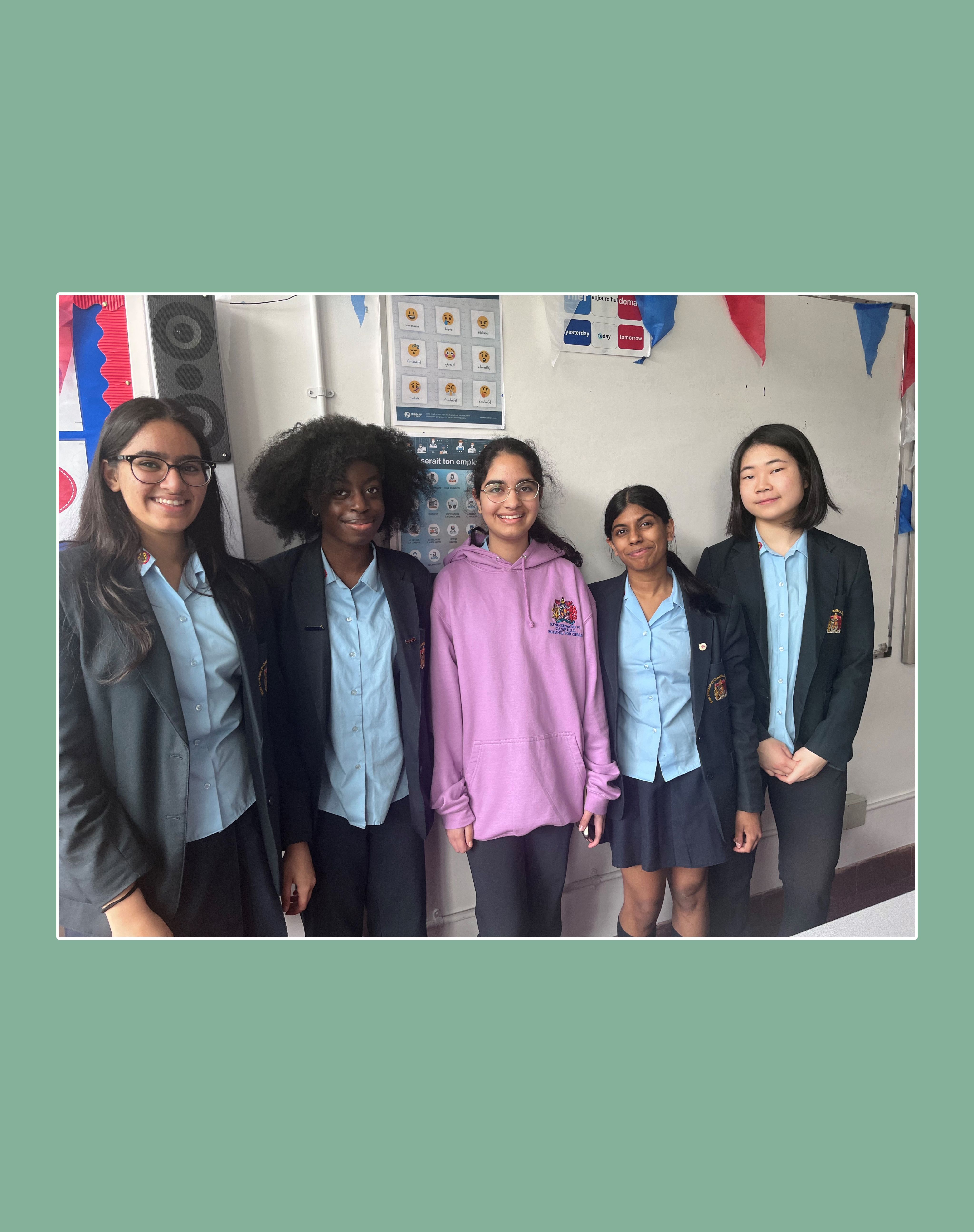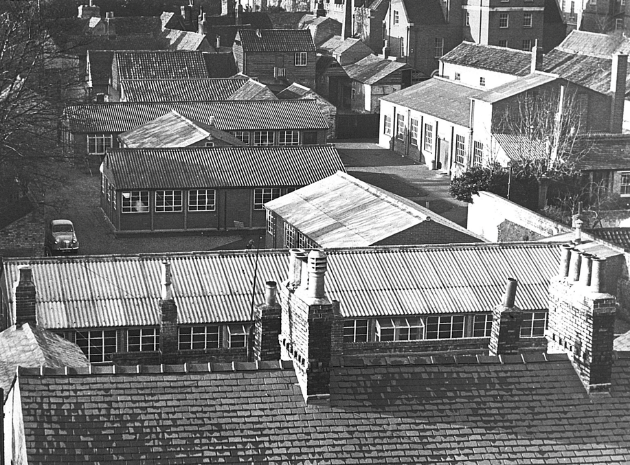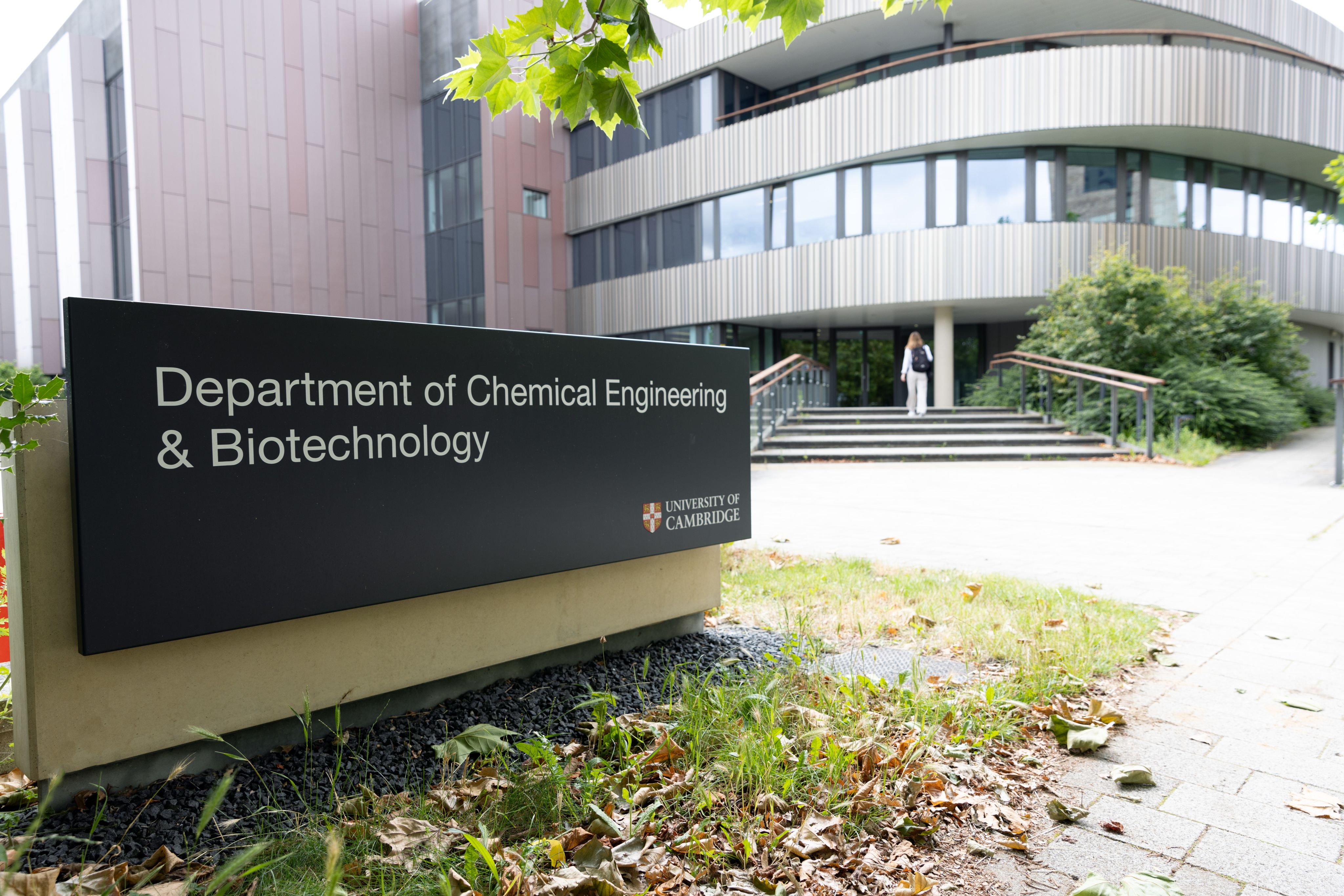Removing 'forever chemicals'
Winning team for 2024 Davidson Inventors Challenge present way to remove PFAS from environment

The 2024 Davidson Inventors Challenge once again demonstrated the remarkable potential of young minds in addressing global challenges.
A team of Birmingham students clinched the prize in an online final in June with an innovative solution to removing 'forever chemicals' from water, tackling a major environmental issue with a novel approach.
Forever chemicals, or PFAS, are human-made chemicals with a decades-long history of being used in consumer and industrial products. Photo by Etienne Girardet on Unsplash
Forever chemicals, or PFAS, are human-made chemicals with a decades-long history of being used in consumer and industrial products. Photo by Etienne Girardet on Unsplash
The prestigious competition, named in honour of Professor John Davidson - a trailblazer in the field of fluidisation - aims to inspire students by offering them a platform to showcase their innovative solutions to real-world problems.
Students from King Edward VI Camp Hill School for Girls in Birmingham won the 2024 challenge, for their pioneering process to remove per- and polyfluoroalkyl substances (PFAS), often termed 'forever chemicals', from water.
The innovation addresses a critical environmental issue while also showcasing the potential of the next generation to contribute to global sustainability through chemical engineering and biotechnology.
The event is a testament to the ongoing commitment of the chemical engineering community to nurture creativity and problem-solving skills among the next generation, ensuring a promising future for the industry.
The shortlisted
finalists
Breaking Bonds was among four shortlisted teams that presented during the webinar, alongside Team EGESA, a Year 12 team from the Northampton School for Boys; the Lab Tech's, a group of Year 12s from Twycross House School in Atherstone; and Team Mozzo, Year 12 students from Bishop’s Stortford College.
Breaking Bonds: Winner
Emerging victorious in this year's competition was the team Breaking Bonds from King Edward VI Camp Hill School for Girls. Their project focused on a pressing environmental issue: the removal of per- and polyfluoroalkyl substances (PFAS) from water. These 'forever chemicals' are notorious for their persistence in the environment and potential health risks, making their removal a critical challenge for modern society.
The team developed a novel approach that combines chemical and physical processes to effectively break down these stubborn compounds. Their solution not only addresses a significant environmental hazard but also demonstrates a sophisticated understanding of chemical engineering principles. The judges were particularly impressed by the practical applicability of the solution and the team's ability to articulate the science behind their innovation.
As the winners, Breaking Bonds have been awarded a unique opportunity to visit the University of Cambridge, where they will experience student life at one of the world’s most prestigious institutions. The visit will include tours of the Department of Chemical Engineering and Biotechnology (CEB), offering them further insights into the field they have already shown great promise in.
“The future will be bright with such amazing talent. As a mentor in the Davidson Inventors Challenge, you can really help inspire future generations of chemical engineers and scientists, positively contributing to the challenges faced in global sustainability"

Team EGESA
Northampton School for Boys (accepts girls and boys 16-18)
The first runner-up, Team EGESA from Northampton School for Boys addressed the pressing issue of inadequate access to affordable sanitary products for women in low and middle-income countries.
They focused on the development of sanitary towels with a biodegradable absorbent layer made from bacterial cellulose. Their innovative solution aims to improve menstrual hygiene and sanitation while also reducing the environmental impact of traditional sanitary products, which can take 500-800 years to decompose.
The team's approach not only provides a more sustainable option but also highlights the importance of improving women's health and hygiene in disadvantaged regions. Their work reflects a commitment to both social and environmental sustainability, demonstrating how young innovators can contribute to solving global challenges.
The Lab Tech’s
Twycross House School
The Lab Tech’s team from Twycross House School tackled the issue of infrastructure challenges in providing residences with a reliable hydrogen supply. Their project focused on developing a hydrogen storage tank that can buffer the supply of hydrogen for residential use.
This solution is designed to ensure a steady and reliable supply of hydrogen, addressing one of the key barriers to the widespread adoption of hydrogen as a clean energy source.
By improving hydrogen storage technology, the team’s work contributes to the ongoing efforts to transition to sustainable energy systems.
Their project aligns with the global need for innovative energy solutions that support the reduction of carbon emissions and promote a cleaner, more sustainable future.
Team Mozzo
Bishop's Stortford College
Team Mozzo from Bishop's Stortford College focused on tackling the issue of malaria, a leading cause of death in many parts of the world.
Their project involved the creation of a sustainable and mass-producible mosquito trap designed to reduce the spread of malaria. This innovative solution targets the mosquito population, which is the primary vector for malaria transmission, thereby helping to prevent the disease.
The team's project contributes to the global fight against malaria, aligning with efforts to reduce the incidence of this deadly disease, particularly in vulnerable regions.
Their work underscores the importance of developing practical and scalable health solutions that can make a significant impact in improving public health outcomes worldwide.
Selecting the winner
Breaking Bonds was selected as the 2024 champion due to the novel approach to PFAS-removal that combines chemical and physical processes to effectively break down these stubborn compounds. Their solution not only addresses a significant environmental hazard but also demonstrates a sophisticated understanding of chemical engineering principles.
The judges were particularly impressed by the practical applicability of the solution and the team's ability to articulate the science behind their innovation.
As the winners, Breaking Bonds have been awarded a unique opportunity to visit the University of Cambridge, where they will experience student life at one of the world’s most prestigious institutions. This visit will include tours of the Department of Chemical Engineering and Biotechnology, and will offer them further insights into the field they have already shown great promise in.
This tour is likely to take place in the new academic term.


Reaction
The online event included a talk from IChemE president Mark Apsey, who said: “Tackling the global challenges as defined by the UN Sustainable Development Goals upon which you built your projects and submissions has never really been more important.”
He went on: “Chemical engineering really is at the heart of this transition and our discipline works across all of the industries and products and things that we take for granted.
“Somewhere along the line, a chemical engineer has been involved designing it, operating it, developing it and we've got a huge, huge and unique opportunity to transform those systems for the future.”
Apsey added: “I hope you've been inspired to think about choosing chemical engineering as a degree and a career going forward.”
Kevin O'Henly, of ConocoPhillips Teesside Operations, added: "I was delighted to support Breaking Bonds as their mentor, it was so rewarding to provide real-life industrial experience to help nurture their fantastic innovations and ingenuity."
Kamran Yunus, chair of the challenge and Associate Teaching Professor at CEB, said: "Having so many schools and students across the country engage in this competition has been amazing.
"It's been very enjoyable to see such a range of topics being discussed by students, and them learning about Chemical Engineering and Biotechnology in a interactive medium. We are already looking forward to the competition in 2025!"
Peter Davidson, a chartered chemical engineer and Fellow of IChemE, also spoke at the event about his late father John Davidson, whom the challenge is named for.
John Davidson, who was an Emeritus Professor at Cambridge, died in December 2019. He is often referred to as the father of fluidisation and served as president of IChemE from 1970–1971. In 2016, IChemE named a medal after him to recognise his inspirational role to young engineers.
The annual, UK-wide Davidson Inventors Challenge is hosted by the University of Cambridge’s Department of Chemical Engineering and Biotechnology in collaboration with IChemE and the Association of Science, and Technology & Innovation (ASTI) in Malaysia.
"The ideas and innovation that our finalists brought to this year's event was really incredible, it amazes me every year when I see what the competitors have come up with. The presentations of all teams showed a true understanding of the concepts and goals and offered some interesting and thought-provoking solutions.
"This is exactly the sort of event that can get Y11 and Y12 students to think about the dynamic challenges ahead of chemical engineers now and into the future, particularly around sustainability, as well as giving them a taste of what life would be like as an undergraduate at CEB.
"We hope that this experience, and others like it, can help to inspire our next generation of CEB undergraduates."
Similar articles
Squeaky clean learning
Ever wondered what goes into making your shampoo?
It’s not just about making your hair squeaky clean – it’s a bubbly mix of science and suds!
Synthetic cells grow their own organelles
A new study published in Nature Nanotechnology reveals a significant leap in synthetic biology, which could have far-reaching potential for the healthcare industry.
Pivotal role in research hub
Dr Ljiljana Fruk and her research group are involved in a new, global hub to boost early disease diagnosis and treatment in the healthcare industry by use of quantum technology.
Prize-winning technology
Two Cambridge university departments join forces to triumph in the Royal Society of Chemistry’s 2024 Emerging Technologies Competition with a solution for converting industrial waste into high-purity hydrogen.
















